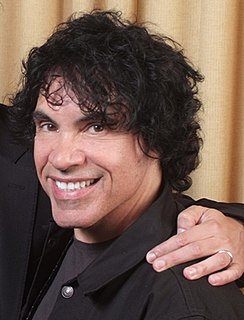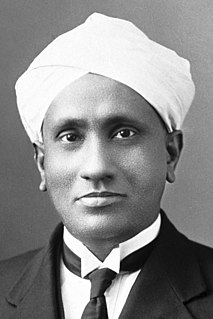A Quote by Italo Calvino
Nobody looks at the moon in the afternoon, and this is the moment when it would most require our attention, since its existence is still in doubt.
Related Quotes
Of all my films, people wrote to me most about this one... ...I had wanted to make The Idiot long before Rashomon. Since I was little I've liked Russian literature, but I find that I like Dostoevsky the best and had long thought that this book would make a wonderful film. He is still my favourite author, and he is the one - I still think - who writes most honestly about human existence.
Nature proceeds by blunders; that is its way. It is also ours. So if we have blundered by regarding consciousness as a blunder, why make a fuss over it? Our self-removal from this planet would still be a magnificent move, a feat so luminous it would bedim the sun. What do we have to lose? No evil would attend our departure from this world, and the many evils we have known would go extinct along with us. So why put off what would be the most laudable masterstroke of our existence, and the only one?
To an observer situated on the moon or on one of the planets, the most noticeable feature on the surface of our globe would no doubt be the large areas covered by oceanic water. The sunlit face of the earth would appear to shine by the light diffused back into space from the land and water-covered areas.
Dialogue is really aimed at going into the whole thought process and changing the way the thought process occurs collectively. We haven't really paid much attention to thought as a process. We have engaged in thoughts, put we have only paid attention to the content, not to the process. Why does thought require attention? Everything requires attention, really. If we ran machines without paying attention to them, they would break down. Our thought, too, is a process, and it requires attention, otherwise its going to go wrong.
This tremendous event is still on its way, still wandering; it has not yet reached the ears of men. Lightning and thunder require time; the light on the stars requires time; deeds though done, still require time to be seen and heard. This deed is still more distant from them than the most distant stars - and yet they have done it themselves.
Life and death were so unpredictable. So close to each other. We existed moment to moment, never knowing who would be the next to leave the world. I was still in it, barely, and as I looked up from the ashes, everything around me seemed so sweet and so beautiful. The trees. The stars. The moon. I was alive -- and I was glad I was.

































